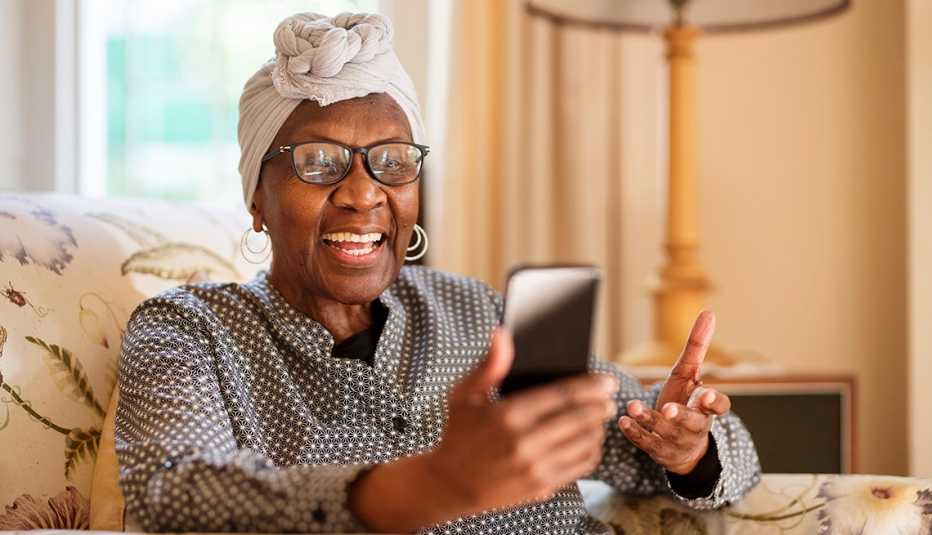AARP Hearing Center


Aging solo can be liberating. You can watch reality TV judgment-free, decorate your home however you like, and come and go on your own schedule.
But it can also feel daunting, as one pressing question often swirls in the minds of those without a spouse or children: Who will care for me as I age?
The answer: You are going to take care of yourself, says Jay Zigmont, a financial adviser and life coach.
By taking proactive steps and surrounding yourself with proper professional guidance, you can create your own safety net. Here’s what to do.
Build a dream team of experts
Your brain trust will vary based on your specific situation, but a financial planner, accountant, eldercare attorney and aging care manager are specialists to consider. These experts can help you navigate sometimes-complex areas such as buying long-term care insurance and selecting a health care proxy, as well as fight the good fight for you when needed.
“Having someone who can be at your side and advocate for you is important,” says Zigmont, a certified financial planner and the founder of investment advisory firm Childfree Wealth, which specializes in assisting those who don’t have children and don’t plan on having children.
Prioritize your health
“Doing everything you can to stay healthy, including diet and exercise that keeps blood sugar, blood pressure and pain to a minimum, is critical to staying independent,” says Heather Sandison, a naturopathic doctor and the founder of Marama Experience, a senior living facility that assists those with dementia.




































































More From AARP
A Watchful Eye and a Willing Ear for an Older Adult
Not all aging loved ones need medical help. For some, a care companion could be the right fitGroup Homes: Assisted Living on a Smaller Scale
Residential facilities may offer more personalized care